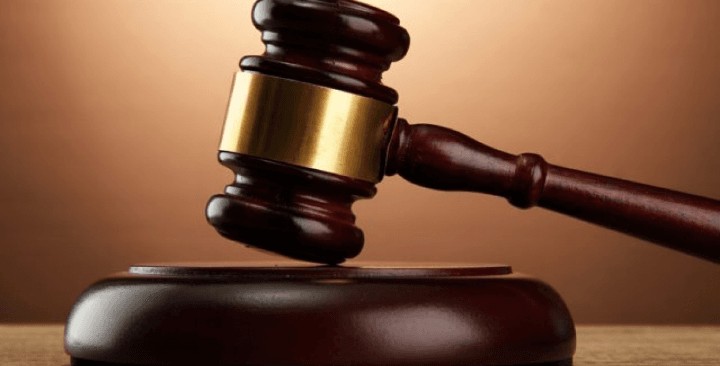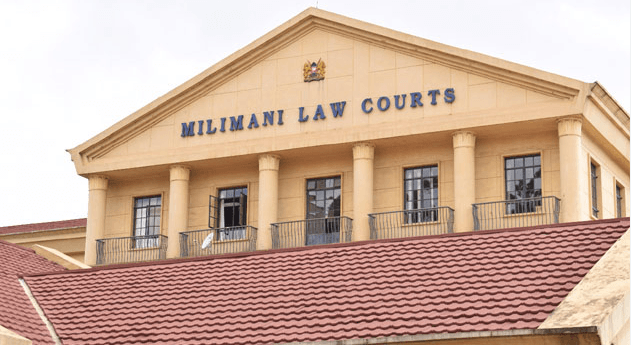
A new legal battle has emerged after two petitioners moved to the High Court seeking the suspension of the newly enacted Privatization Act, 2025, arguing that it is unconstitutional and poses a threat to Kenya’s sovereignty over strategic public assets.
Petitioners Seek Urgent Suspension of the Act
In the application filed by Omar Faruk Maalim and Abdulhakim Dahir Sheikh, the petitioners want the court to certify their case as urgent and issue conservatory orders stopping the National Assembly, the Attorney General, and the Cabinet Secretary for National Treasury and Economic Planning from implementing the Act. The Privatization Act, 2025 came into effect on November 4, 2025, after receiving presidential assent on October 15, 2025.
Claim of Inadequate Public Participation
The petitioners argue that the Act was passed without meaningful public participation, which they say violates Articles 10 and 118 of the Constitution. They note that while the National Assembly posted a public notice on August 7, 2025, inviting the public to submit memoranda on the Bill, no submissions were received. They further argue that Parliament failed to use its social media platforms to enhance public outreach.
Only four stakeholders—ICPAK, PwC, KEPSA, and the Law Society of Kenya (LSK)—submitted their views, which the petitioners say does not amount to adequate public participation.
Concerns Over County Forums
Maalim and Sheikh state that the alleged public participation forums held across all 47 counties lacked proper documentation. According to them, there was no evidence of:
- Attendance lists
- Procedures followed
- Minutes or records of deliberations
They argue that this falls far below the constitutional standard for reasonable and meaningful public participation.
Court to Determine Constitutionality of the Act
The petition seeks to halt the implementation of the Privatization Act, 2025 until the court examines the process behind its enactment and determines whether constitutional requirements were met.
The matter now awaits the High Court’s decision on whether the case will be certified as urgent and whether conservatory orders will be granted.





